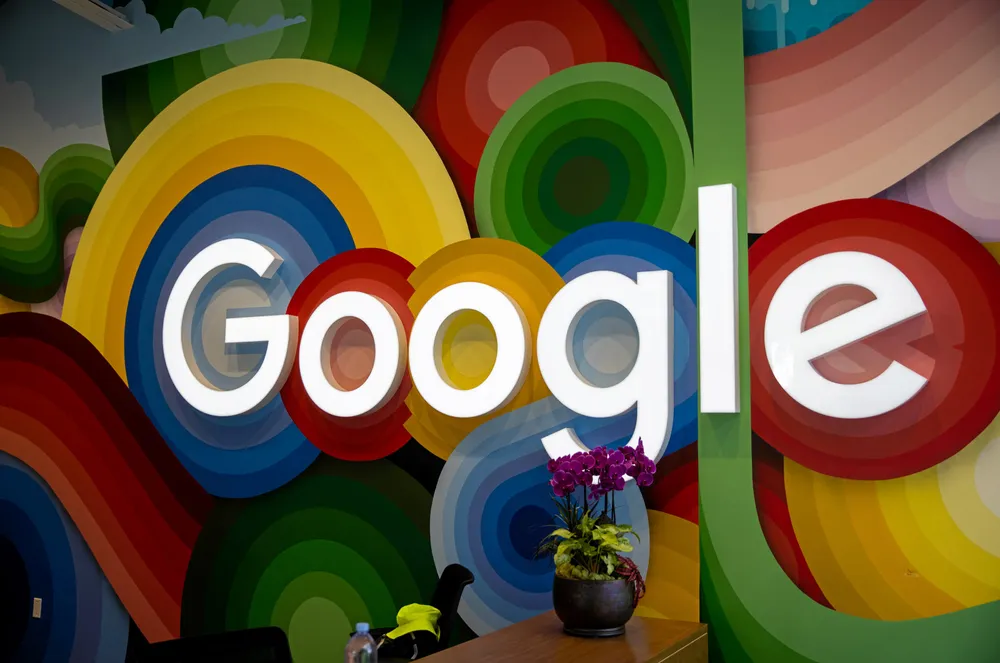Google, Iberdrola and WindEurope demand hour-by-hour renewables supply for all EU green hydrogen production
Renewables developers and data analytics firms say accounting software can guarantee H2’s green credentials on an hourly basis, despite recent rejection of such a move by the European Parliament
